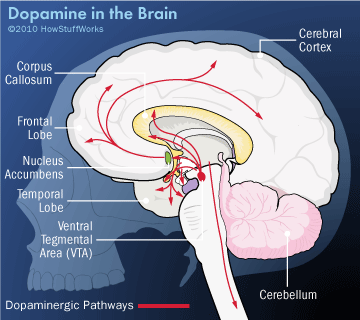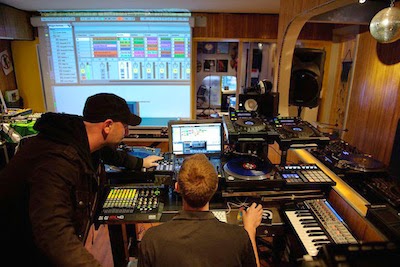Music production is so much about being familiar with the artist that you're working with, but many producers overlook the "Getting To Know You" phase of the job. The reason is that intimately knowing the likes and dislikes of an artist can really help you keep the production moving forward down the line, or stop it in its tracks if there's something that you don't know about. Here's an excerpt from my
Music Producer's Handbook that outlines this phase.
"Preproduction sometimes is so much more than the process of working out songs. For a producer working with a new artist or band, it’s a time of getting to know each other. It’s important for the producer to learn the likes and dislikes of the artist, be it food, music or politics, as well as their working habits and idiosyncrasies. Knowing these things can help the producer determine how far to push a singer, or discover what gets the best performance out of the guitar player, or the signs of when the drummer is getting tired, or the hot button issues of the day to stay away from. If you’re going to be working closely with an artist even for a short time, the more you know about him, the better you can serve the project.
One of the most important aspects of getting to know an artist is learning what music she loves, was influenced by, and is listening to now. One of the most effective ways I’ve heard of doing this back in the days of vinyl record albums was for the producer to go to the artist’s house and have them throw a bunch of albums from their collection on the floor and have them describe what they liked and didn’t like about each of them. You can still do this with CDs or an iPod playlist. Among the questions to ask might be:
- What do you like or dislike about the artist your listening to?
- Do you like the sound of the recording?
- What recordings do you like the sound of?
- What are some of your favorite records? Why?
- What are your biggest influences? Why?
- If you have a body of work as a producer already, what does the artist like about you? Why?
You can probably add any number of additional questions, but can you see where this is heading? This is the information that you need to help attain the artist’s vision. It gives you a common point of reference so you can say, “Let’s go for a sound like the lead guitar on The Cure’s Boys Don’t Cry,” and have the artist know exactly what you mean because you’ve found out in preproduction that’s one of his favorite songs. Or if the artist says to you, “Can we get the sound like on the Arctic Monkey’s Still Take You Home,” you’ll know exactly what he’s talking about."
----------------------------------




